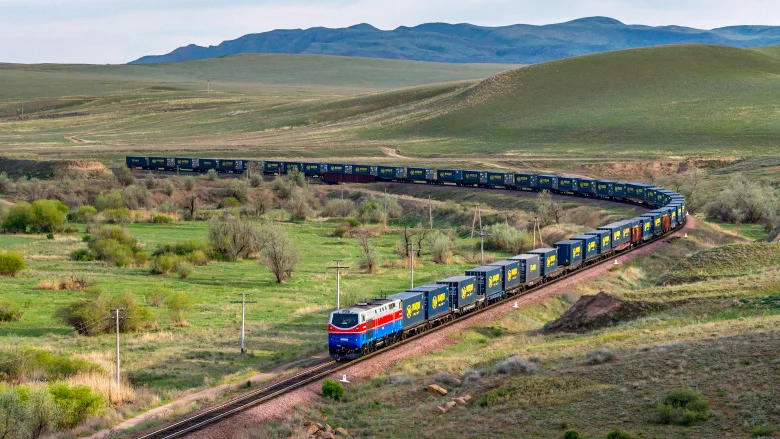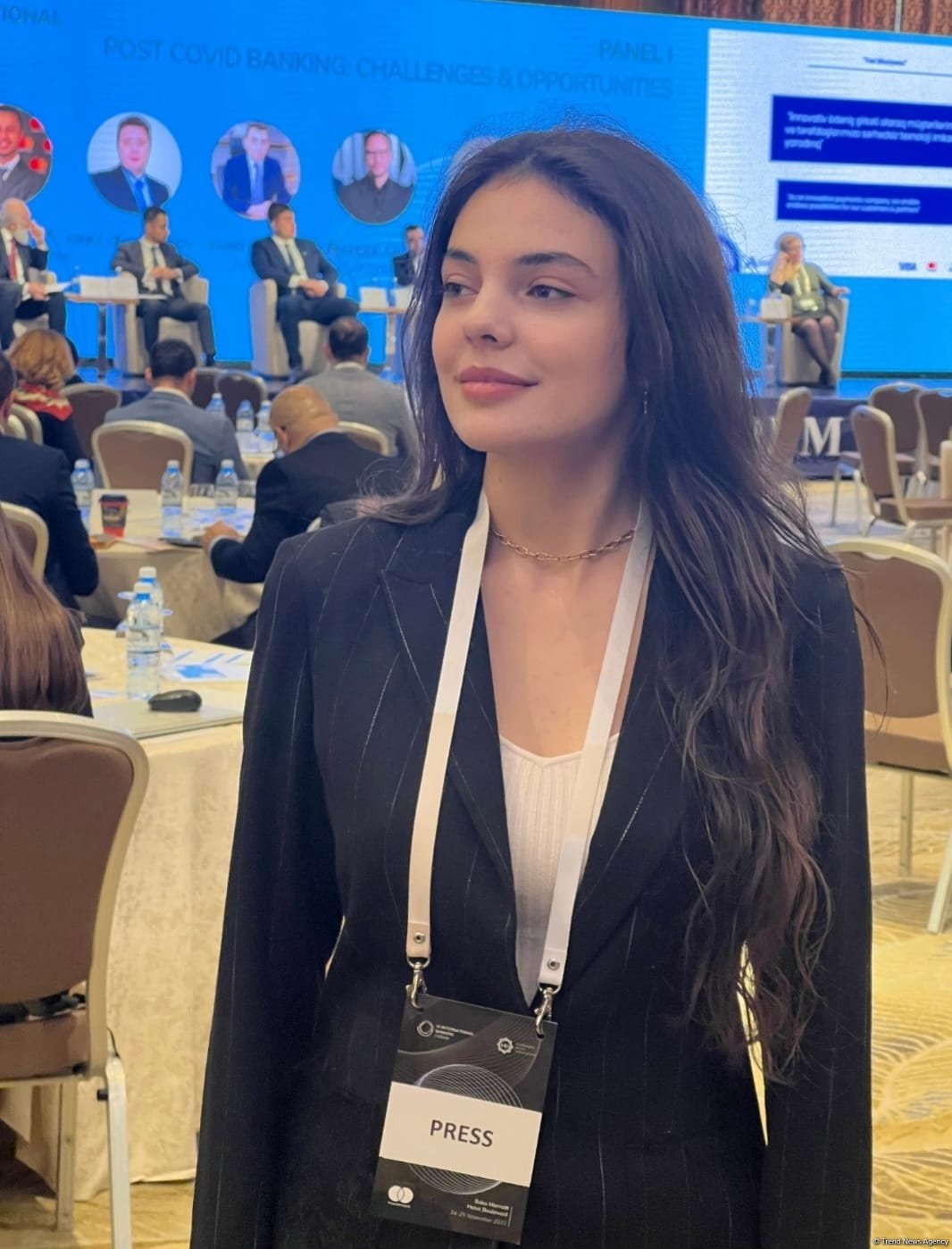He made the announcement during the high-level dialogue of the
International Transport Forum (ITF), which was held this week in
Tashkent.
"In a globalized economy, commercial road transport is not just
a means of transportation. It is a vital production tool that
connects businesses, suppliers, and markets around the world.
Sustainable development is impossible without reliable transport
corridors and efficient infrastructure. But infrastructure alone is
not enough. High-quality freight transport requires measures to
eliminate bottlenecks at borders, delays in loading and unloading,
informal payments, restrictive policies, excessive checks, and
administrative procedures. The IRU welcomes every millimeter of new
road, especially along the Middle Corridor," Umberto de Pretto
emphasized.
The Middle Corridor is a strategic transport and trade route
that links Asia with Europe, traversing several countries in the
region. It offers a viable alternative to the traditional Northern
and Southern Corridors.
Starting in China, the route passes through key Central Asian
nations such as Kazakhstan, Uzbekistan, and Turkmenistan, before
crossing the Caspian Sea. From there, it continues through
Azerbaijan, Georgia, and Türkiye, ultimately reaching Europe. As a
land-based route, the Middle Corridor bypasses longer maritime
passages, providing a direct connection between the eastern regions
of Asia, particularly China, and Europe.







